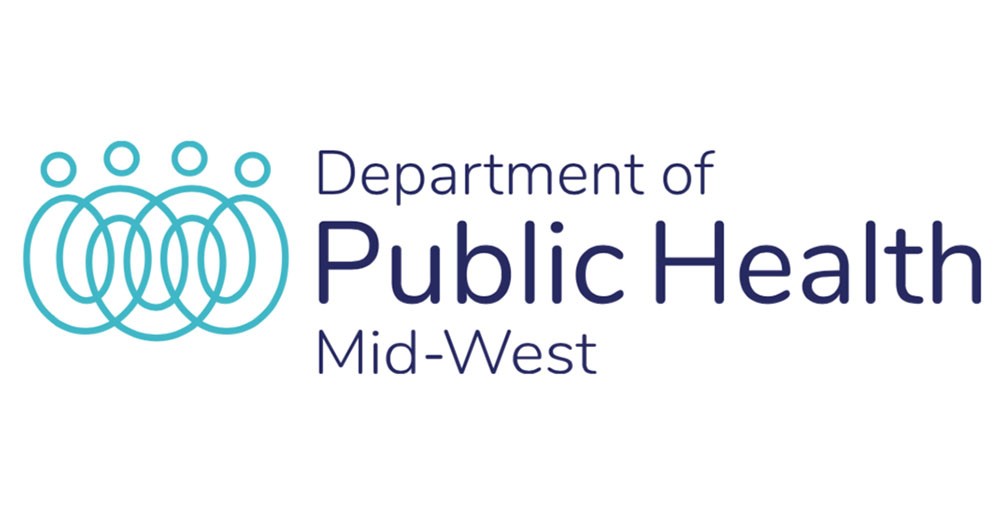
Fifteen new cases of Covid-19 were reported in Clare yesterday which is one of the highest daily increases since March this year.
The Department of Public Health Mid-West is urging the people of Clare, Limerick and North Tipperary to avoid large, high-risk social gatherings as the vaccination programme continues to accelerate at a strong pace.
The incidence rate of COVID-19 has steadily increased in the Mid-West region, mainly in Limerick and North Tipperary.
As of July 18, the incidence rate in the Mid-West is 148.1 per 100,000 population; 226.3 in Limerick; 81.4 in North Tipperary; and 59.8 in Clare. On July 17, Public Health Mid-West recorded 58 cases, which was the highest number of cases in a single day since June 12 (61 cases).
Our department continues to be busy with workplaces, as we are investigating COVID-19 situations in 12 workplaces, involving 27 cases and 50 cases. The vast majority of these workplaces are retail, hospitality, offices, and factories.
Public Health Mid-West is also recording an increasing number of complex cases (i.e. positive cases in settings with potential of outbreak or further transmission), largely due to new cases having multiple exposures. This adds extra pressure while we are busy investigating and managing existing outbreaks in the region.

Dr Anne Dee, Specialist in Public Health Medicine, said: “The current epidemiological situation in the Mid-West is precarious, as case numbers are increasing rapidly, but vaccination rates are not yet as high as we need them to be.
“While there are lots of activities we can do, not every activity is safe, particularly for unvaccinated people. If you are unvaccinated, it is important that you protect yourself by wearing a mask, keeping a social distance, wash hands frequently, avoiding large crowds and indoor gatherings, and limiting your social contacts. We are at a crucial stage of the pandemic, where we nearly have enough people vaccinated to achieve a herd immunity among the adult population. But we must remain vigilant, not just for your own sake but for the sake of others. There are vulnerable people out there who can still die from this disease.”
We also ask that people continue to follow Public Health guidelines after full vaccination in order to ensure best protections for you and your loved ones as a significant proportion of the adult population becomes fully vaccinated in the coming weeks and months.
Being fully vaccinated significantly reduces the chances of severe illness and hospitalisation, and people who are fully vaccinated should be more comfortable meeting with other people who are also fully vaccinated, but must continue to observe the basic public health guidance of mask wearing, social distancing, and hand hygiene when out and about.
Depending on the vaccine, people must wait a certain period of time (usually two weeks) after their final dose before they are considered fully vaccinated or best protected against COVID-19.
It is also important to be aware that no vaccine is 100% effective so even those who are fully vaccinated may still become infected.
